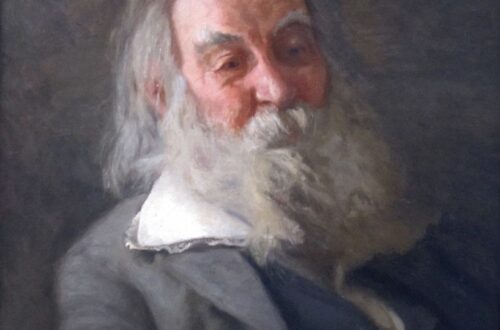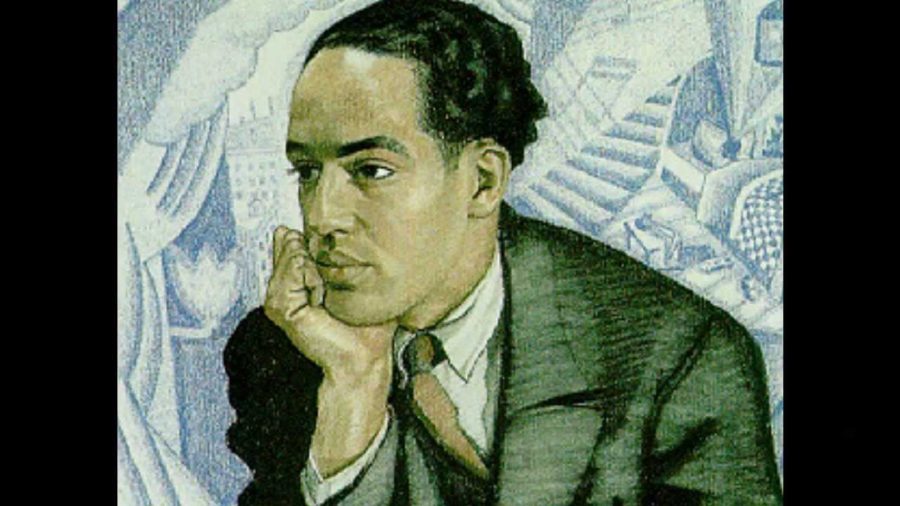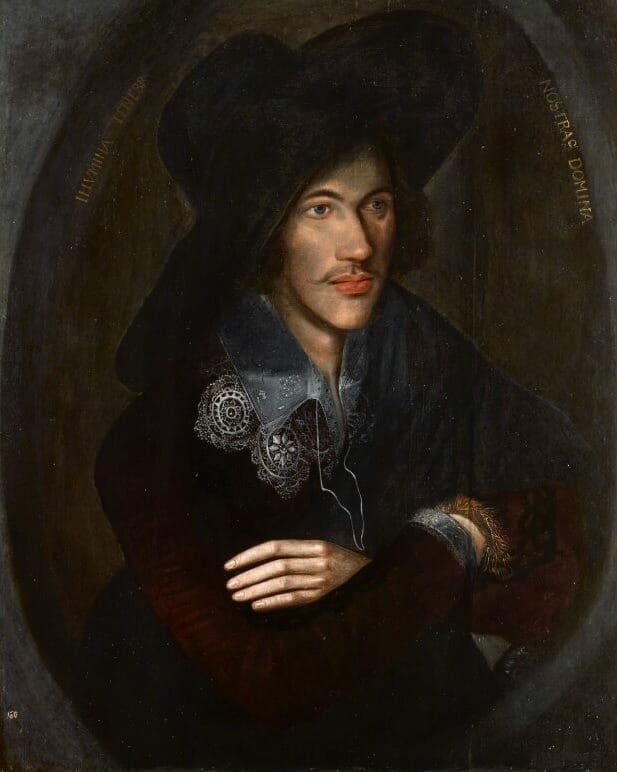American Stories
-
Kung Fu Panda Ascends the Mountain: Ekphrasis
Kung Fu Panda is of course steeped in Chinese culture. One day I wondered what the Chinese thought about the film. It turned out that (despite assertions of cultural appropriation by a small minority) for most there was both appreciation and wonder. The movie became at the time, the most successful animated movie ever in China. Wu Jiang, the President of the China Peking Opera Company said: “The film’s protagonist is China’s national treasure and all the elements are Chinese, but why didn’t we make such a film?” Certamente Kung Fu Panda è ricco di cultura cinese. Un giorno mi sono domandato cosa i cinesi pensassero del film. Risulta che…
-
Walt Whitman – His Yearning and Ardent Poetry
The celebrated American poet, Walt Whitman, lived from 1819 until 1892. It was a tumultuous time of change in the United States; an epoch which is reflected in his poetry and in his hopes for the future of America. Two of his poems – poems reaching for a better world – appear below. They are presented both in original and in Italian translation. Il celebre poeta americano, Walt Whitman, visse dal 1819 al 1892. Era un’epoca tumultuosa e di cambiamento negli Stati Uniti; un’epoca che si riflette nella poesia di Whitman e nelle sue speranze per il futuro dell’America. Due delle sue poesie – poesie che cercano un mondo migliore…
-
Langston Hughes – poet and prophet in translation
Some years ago I wrote an article about Langston Hughes and his poetry. Here I would like to present Italian translations of some of his poetry. The first is a brief epigram. The second is an extract from his poem Let America be America again. The third is I Dream a World, a poem which he included in his opera Troubled Isola. Qualche anno fa ho scritto un articolo su Langston Hughes e la sua poesia. Qui vorrei presentarne una traduzione italiana. La prima è un epigramma breve. Il secondo è un brano dal suo poema O, che l’America di nuovo America sia. Il terzo è Sogno un mondo, un…
-
John Donne’s For Whom the Bell Tolls: with translation
John Donne’s passage For Whom the Bell Tolls is most familiar to audiences of our time through Ernest Hemingway’s novel of the same name, set in the Spanish civil war. John Donne’s words are often understood today as a poem (and they are indeed poetic). However they come from a book of devotions, and a longer contemplation on the meaning of the bell. John Donne lived in seventeenth century England. The tolling of the bell was a constant reminder of the call to prayer, and when in 1624 he wrote the passage, John Donne was Dean of St. Pauls (then one of the highest offices of the Anglican church). Il…






